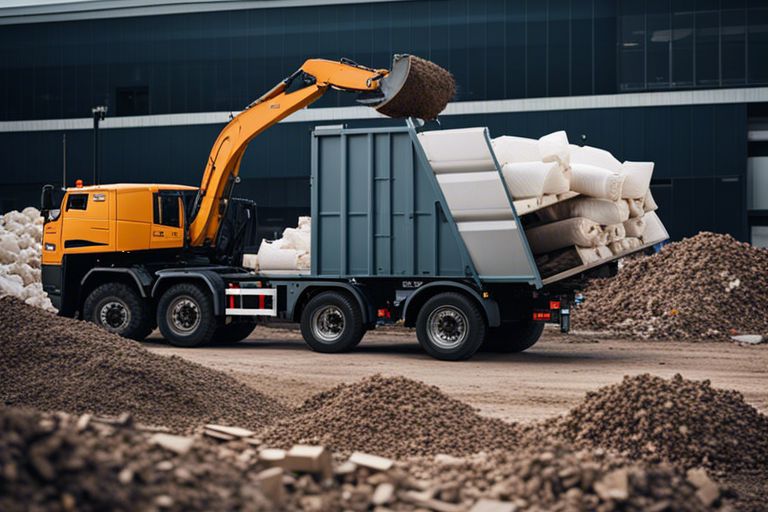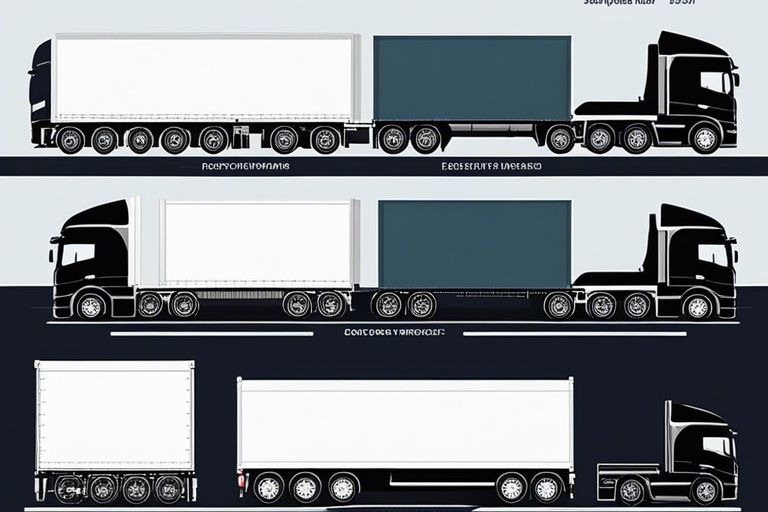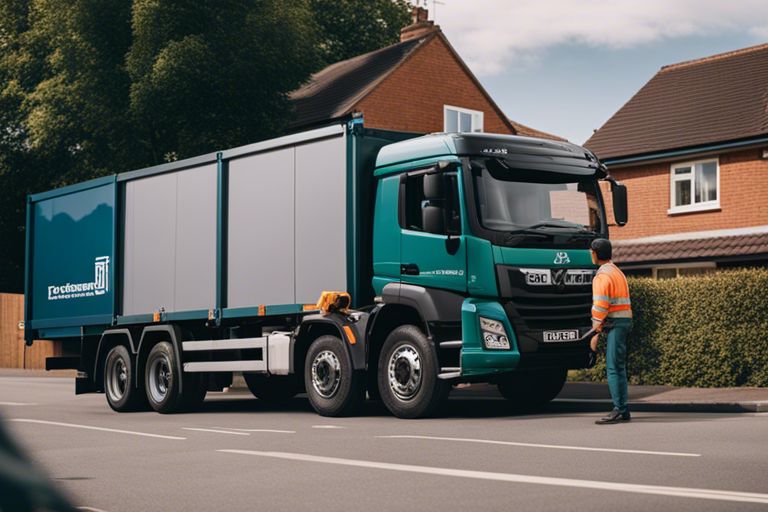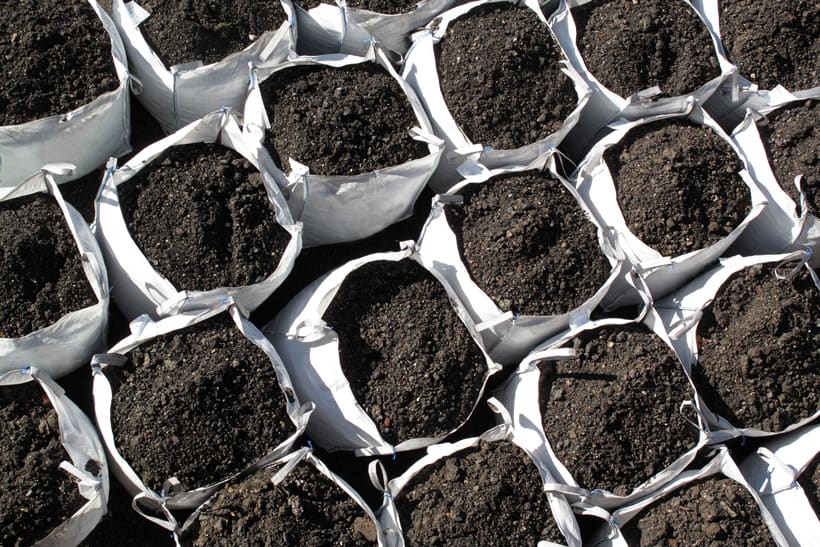Cynosure, the efficient and responsible disposal of residential waste is imperative for maintaining a clean and healthy environment in the United Kingdom. It is crucial for residents to adhere to local council regulations and waste management guidelines to ensure the proper removal of household rubbish. In this blog post, we will discuss the best practices for residential waste removal in the UK, including the importance of recycling and separating waste to reduce the amount of non-recyclable materials sent to landfills. Additionally, we will address the hazards of improper waste disposal, such as environmental pollution and health risks, and provide tips for safely disposing of hazardous items like electronic waste and chemicals. By following these best practices, residents can actively contribute to a sustainable and clean environment for future generations.
Key Takeaways:
- Separate Waste Streams: It is essential to separate waste into different streams such as recycling, food waste, and general waste to ensure proper disposal and reduce environmental impact.
- Utilise Council Services: Local councils provide various waste removal services such as bulky waste collection, garden waste collection, and hazardous waste disposal. It is advisable to make use of these services to manage waste effectively.
- Reduce and Reuse: Incorporating the principles of reducing and reusing can aid in minimising the amount of waste produced and contribute to a more sustainable waste removal process.
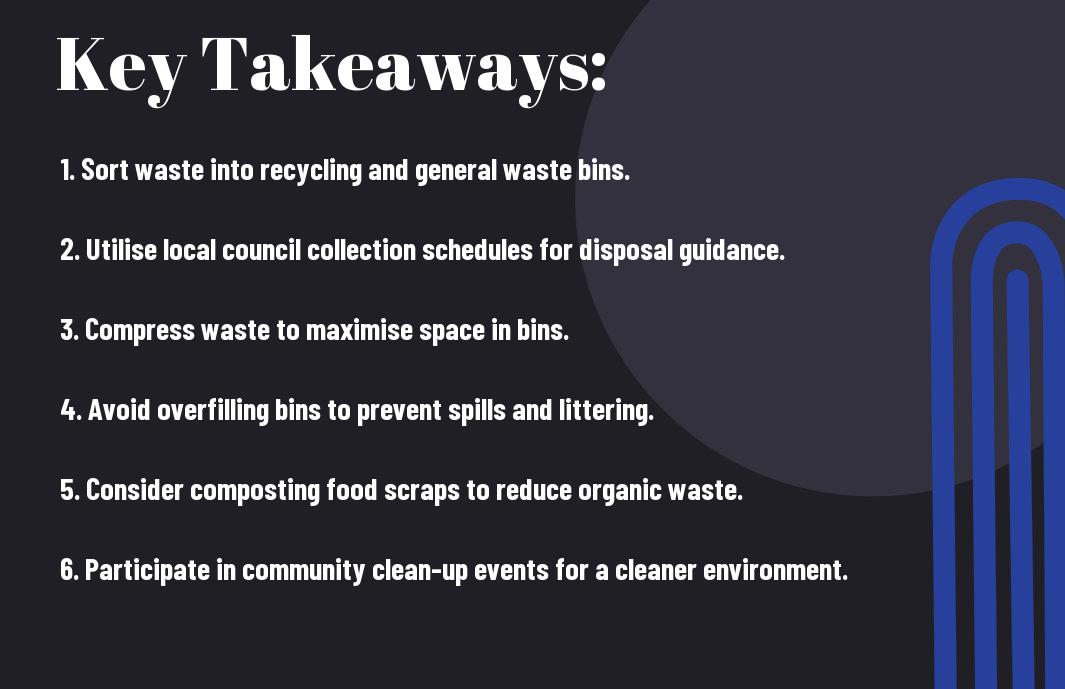
Legal Framework and Environmental Policies
When it comes to residential waste removal in the UK, it is essential to understand the legal framework and environmental policies that govern waste management practices. These regulations are in place to ensure the protection of the environment and human health, as well as to promote sustainable waste management solutions.
National Waste Strategy
The National Waste Strategy, implemented by the UK government, sets out the objectives and targets for waste reduction, recycling, and disposal. This strategy aims to promote the efficient use of resources and the minimisation of waste generation. It also outlines the responsibilities of various stakeholders, including local authorities, businesses, and individuals, in achieving these goals.
Role of Local Authorities
Local authorities play a crucial role in the implementation of waste management policies at the community level. They are responsible for the collection, treatment, and disposal of household waste, as well as the operation of recycling schemes and waste education programmes. Local authorities also work closely with the government and other organisations to develop and implement initiatives to reduce the environmental impact of waste disposal.
Local authorities are at the forefront of ensuring that households have access to waste collection services and promoting responsible waste disposal practices. They also monitor compliance with waste management regulations and enforce penalties for non-compliance, thereby contributing to the overall effectiveness of waste management in the UK.
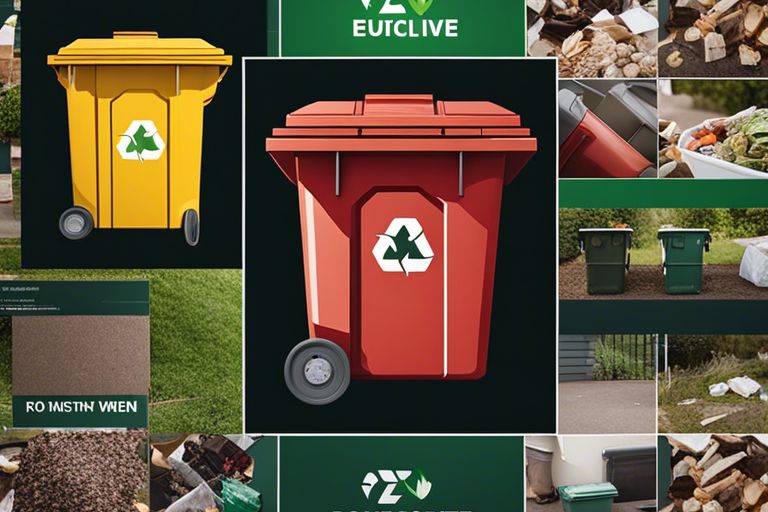
Waste Collection Systems
When it comes to residential waste removal in the UK, there are various waste collection systems in place to ensure proper disposal and recycling. The most important practice is the separate collection of waste paper, plastic, metal or glass. This practice contributes significantly to reducing the amount of waste sent to landfills and promotes recycling.
Kerbside Collection
Kerbside collection is a common waste collection system in the UK, where households separate their recyclable materials and put them in designated bins or containers. Local authorities provide specific collection schedules, and it is essential for residents to follow these guidelines to ensure efficient recycling and waste management.
Residents should be aware of the materials accepted for kerbside collection and how to properly prepare them for collection. It is important to rinse containers, remove lids, and flatten cardboard to maximise space and efficiency in the collection process.
Household Waste Recycling Centres (HWRCs)
Household Waste Recycling Centres (HWRCs) are facilities provided by local councils for residents to dispose of bulky waste items, electrical appliances, and hazardous materials. These centres play a crucial role in diverting waste from landfills and promoting responsible waste management.
Residents should take advantage of these facilities to dispose of items that cannot be accommodated in regular waste collections. It is essential to familiarise yourself with the operating hours and any restrictions or guidelines for using HWRCs in your local area.
Visiting a HWRC is an excellent opportunity to learn more about recycling and engage in environmentally friendly practices. By making use of these facilities, residents can contribute to a cleaner and more sustainable environment for future generations.
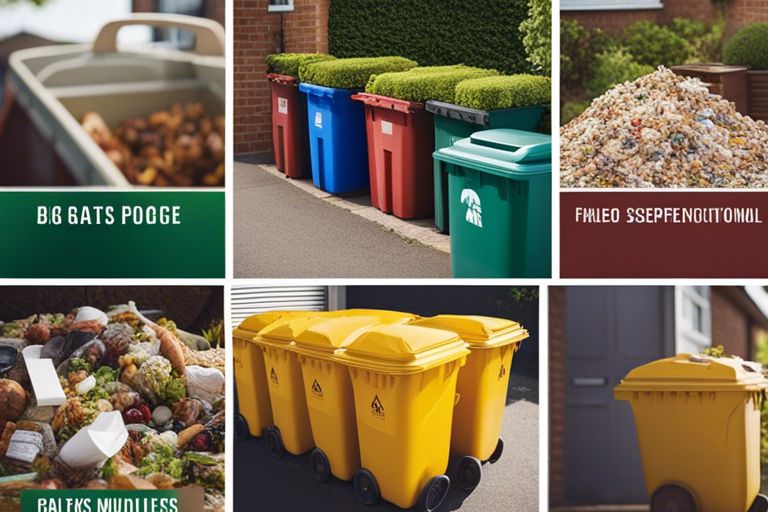
Reducing Household Waste
One of the most effective ways to manage residential waste is by reducing the amount of waste produced in the first place. By implementing waste minimization strategies and promoting recycling and composting, households can significantly reduce the impact of their waste on the environment.
Waste Minimization Strategies
Households can adopt various waste minimization strategies to reduce the amount of waste they produce. This can include making conscious purchasing decisions, such as buying products with minimal packaging or in bulk to reduce the amount of waste generated from packaging. Additionally, repairing and repurposing items instead of throwing them away can also significantly reduce household waste.
Recycling and Composting
Recycling and composting are crucial components of waste reduction in residential settings. By separating recyclable materials from general waste and composting organic waste, households can divert a significant amount of waste from landfills. This not only reduces the amount of waste sent to landfills but also conserves natural resources and reduces pollution associated with waste disposal.
Recycling and composting also contribute to the circular economy by converting waste materials into new products and organic matter that can be used to enrich soil. This helps to reduce the need for virgin materials and minimises the environmental impact of waste disposal.
Innovative Practices and Community Participation
Residential waste removal in the UK has seen a surge in innovative practices and a growing trend towards community participation. Local councils and waste management companies are increasingly partnering with local communities to find sustainable solutions for waste removal and recycling.
Case Studies of Successful Initiatives
There have been several successful initiatives in different parts of the UK that have demonstrated the power of community participation in waste removal. In Bristol, a community-led scheme has seen a 40% reduction in waste sent to landfills, thanks to local composting initiatives and recycling awareness campaigns. In Manchester, a collaborative effort between the council and local businesses has resulted in a 25% increase in household recycling rates, through the introduction of innovative waste separation systems and reusable packaging initiatives.
- Bristol: 40% reduction in waste to landfill through local composting and recycling awareness campaigns
- Manchester: 25% increase in household recycling rates through waste separation systems and reusable packaging initiatives
Engaging the Public in Waste Reduction
Public engagement is key to the success of waste reduction initiatives. Local councils and waste management companies are actively involving the community in decision-making processes and implementing education programmes to raise awareness about the importance of waste reduction and recycling. By encouraging public participation, these initiatives are making a significant impact on the overall waste management infrastructure in the UK.
Public engagement and participation are crucial factors in the success of waste reduction initiatives. By involving the community in decision-making processes and implementing education programmes, local councils and waste management companies are making a significant impact on the overall waste management infrastructure in the UK.
Best Practices for Residential Waste Removal in the UK
In conclusion, it is crucial for residents in the UK to adopt best practices for residential waste removal in order to effectively manage and reduce the environmental impact of waste. By following guidelines such as segregating waste, recycling, and proper disposal methods, individuals can contribute to a more sustainable and eco-friendly environment. It is imperative for households to stay informed about the various waste disposal methods available in the UK, as discussed in ‘A guide to the UK’s waste disposal methods’ found at A guide to the UK’s waste disposal methods. By implementing these best practices, we can collectively work towards a cleaner and greener future for our communities.
Best Practices for Residential Waste Removal in the UK
Q: What are the accepted methods for residential waste removal in the UK?
A: The accepted methods for residential waste removal in the UK include using council-provided bins for general waste, recycling bins for recyclable materials, and composting for organic waste.
Q: How should hazardous waste be disposed of in residential settings?
A: Hazardous waste, such as chemicals, batteries, and electrical items, should be disposed of at designated collection points provided by local councils or through specialised waste collection services.
Q: What should residents do to ensure their waste is collected efficiently?
A: Residents should ensure that their waste is properly sorted and placed in the correct bins according to local council guidelines. They should also adhere to the scheduled collection days and not overfill the bins.
Q: Are there any restrictions on certain types of waste for disposal in the UK?
A: Yes, certain types of waste, such as asbestos, clinical waste, and large items like furniture, may have specific disposal guidelines and collection arrangements. Residents should contact their local council for guidance on how to dispose of such items.
Q: What measures can residents take to reduce household waste in the UK?
A: Residents can reduce household waste by practicing the 3Rs – reduce, reuse, and recycle. This includes minimising single-use plastics, donating or repairing items instead of disposing of them, and recycling materials wherever possible.


